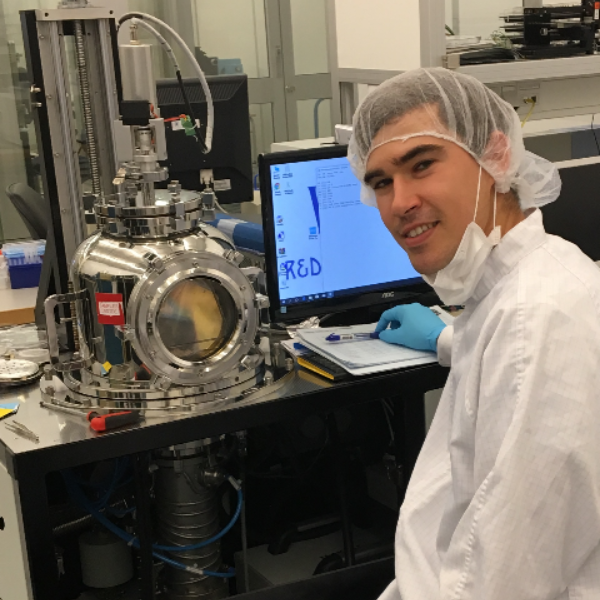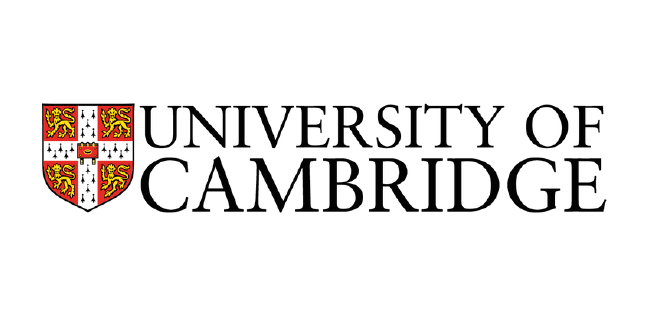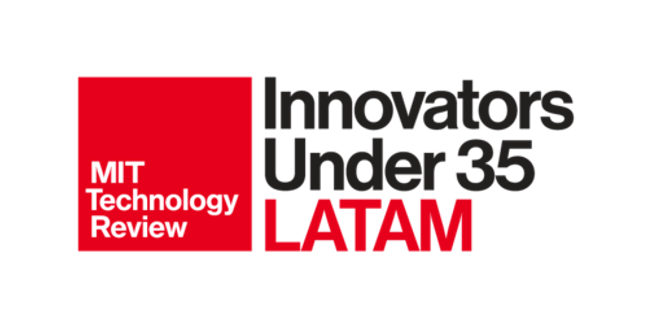Event Introduction
Oxygen reduction reactions at bioelectronic interfaces
Abstract
Oxygen is central to life as we know it. As the ultimate acceptor of electrons in cellular respiration, O2 is the thermodynamic driver of metabolism. Respiration pathways also produce reactive oxygen species (ROS) as byproducts: peroxide, superoxide, and hydroxyl radicals. The balance of these species is critical to homeostasis, as high levels can result in toxic effects, while lower concentrations mediate important signaling pathways. Depletion of oxygen, on the other hand, leads to hypoxia. Prolonged hypoxic conditions will lead to cell death, especially in the case of neuronal cells which require high [O2] to function. We develop new approaches to manipulating oxygen/ROS in biological systems using electronic and optoelectronic devices. In this talk, I will discuss tools for electrochemical hypoxia, local hydrogen peroxide generation, and applications to modulation of ion channel behavior. These tools rely on the intrinsic electro- or photocatalytic properties of selected organic electronic materials as well as various inorganic catalysts.
About speaker
Eric Glowacki studied chemistry at the University of Rochester, USA, completing BSc and MSc degrees in materials chemistry (2009). He worked on optical and optoelectronic materials. In parallel, he studied central european history, earning a dual degree in 2009. He completed his PhD in chemistry in 2013 at the Johannes Kepler University in Linz, Austria, specializing in bioelectronic and flexible electronic devices. He continued as a postdoc in Linz (2013-2016), with research interest moving into the field of electrophysiology and especially optoelectronic stimulation of excitable cells. In 2016, he was awarded a Wallenberg Molecular Medicine Fellowship, which allowed him to start an independent research group at Linköping University in Sweden. His group has worked on devices for stimulation of the nervous system, as well as reactive oxygen species generation. These two areas of research, namely stimulation devices, and reactive oxygen species electro/photochemistry, are at the core of his interests. In 2020, he was awarded the European Research Council Starting Grant, with which he moved to Brno and established a new research group dedicated to bioelectronics at CEITEC, Brno University of Technology. Eric is interested in neural interface technologies and bioelectronic medicine, as well as fundamental research in electrophysiology. Outside of his direct research topics, Eric is interested in history, open science, and emergency first aid and rescue. Eric is fluent in polish, czech, and english. He likes running, skiing, and drinking beer.
The Leads
Speakers and Invites

Eric Daniel GŁOWACKI
Brno University of Technology







